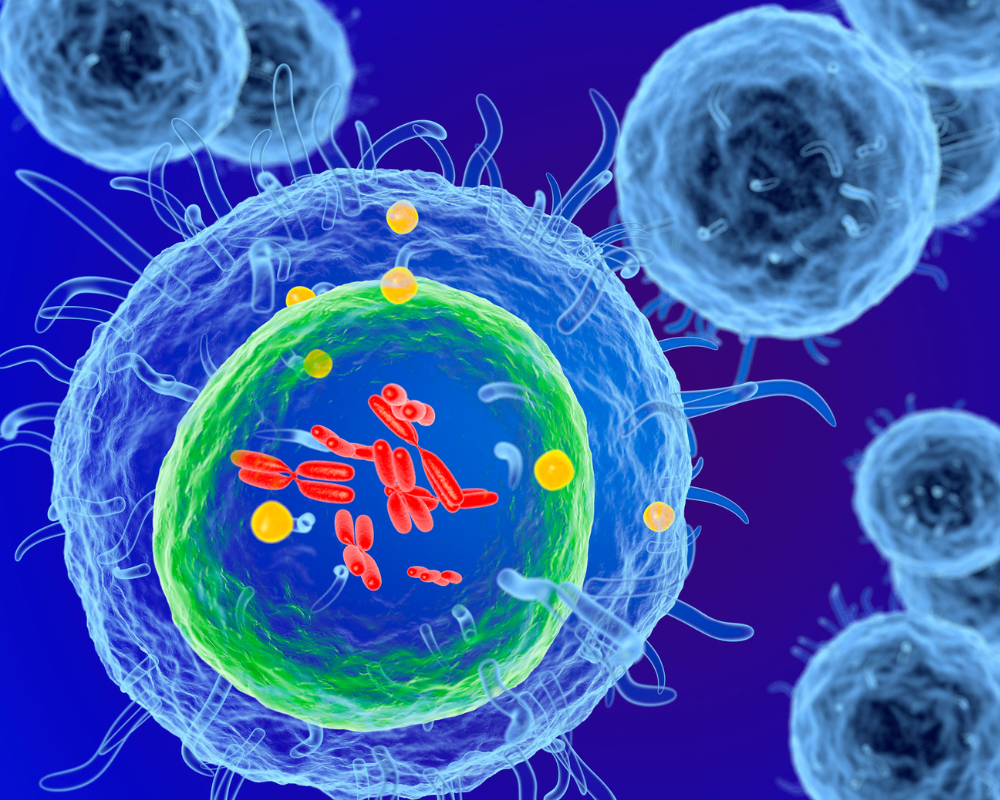What is Inflammation?
That word is loosely thrown around. It sounds bad, doesn’t it? It’s a natural response your body has to defend you from bacteria, viruses, and toxins that can cause damage to tissues and cells. Your immune system sends out inflammatory cells and cytokines(substances that stimulate more inflammation). The cells will trap the offenders and this is where you feel pain. So when you have an achy feeling when you have the flu, it’s because your body is doing its job. The fever part is the temperature that rises to kill off the offenders. Heat kills bad bacteria and viruses.
What is Chronic Inflammation?
Chronic inflammation is when your body’s attack system is stuck in the on position and begins to attack itself instead of invaders.
How do you stop it from over-activation?
Supplementation, healthy lifestyle changes, diet changes, meditation, frequency therapy and several other factors can help reset your immune system. Many people just take pain killers or immune suppressant drugs, but these two options do not reset the immune response. They will either turn off the pain receptors and the damage will continue incognito, or it will suppress the immune system into a sleep mode. This option will leave your body in a state of vulnerability like a computer would be without virus protection. It’s kinda like leaving your wallet on a bench for someone to come and steal at any given moment. Your diet plays a very important role in the reset factor. Learn more about the health consequences of chronic inflammation, and what you can do to stay healthy.
Basic Facts about Inflammation
Understand healthy inflammation. Acute inflammation is natural and beneficial. Short-term swelling or fever are visible signs that your body is repairing itself after you break a bone or catch a cold.
Reduce chronic inflammation. On the other hand, ongoing inflammation causes tissue damage. Experts believe it’s an underlying factor associated with many health issues including Alzheimer’s, arthritis, and diabetes.
See your health practitioner. There are several tests to diagnose chronic inflammation. A full assessment with a health practitioner can reveal what is happening at the root of the symptoms. Ask about how lifestyle, environmental, food sensitivities, and other factors can affect your risks.
Eat to Avoid or Lessen Chronic Inflammation
Diet Changes. Certain foods tend to cause more inflammation than others. It may be important to work with your health practitioner to remove offenders and other sensitivities you may have to give your body time to heal and rebuild. A food journal and food sensitivity test will be important to assess your personal needs and tailor a healing diet that’s right only for you.
Consume more produce. Plant products contain phytochemicals that promote tissue repair. Aim for at least 5 servings a day of vegetables and fruits. Work with your health care practitioner to identify which organic produce may increase your inflammatory response. On the other side of that coin, commercial produce and grains are 30% less nutrient-dense and have a heavy amount of glyphosate(weed and bug killer), which is a leading contributing factor of leaky gut. More on that later…
Minimize processed foods. Refined carbohydrates, added sugars, and saturated fats have the opposite effect. Drink water instead of soda. Trade-in white rice and pasta for brown rice and whole wheat versions. Organic non-genetically modified(non-GMO) grains are packed with nutrition. During the healing process, however, you may find grains to trigger inflammation through a sensitivity and elimination process directed by your natural health practitioner.
Go fish. Fatty fish is loaded with heart-friendly Omega-3 fatty acids. Good choices include salmon, halibut, mackerel, and trout. Be mindful however what ocean they were caught in. Always eat wild-caught and not farm-raised. The Atlantic and Pacific oceans have a great deal of mercury and other toxic heavy metals in them. Never eat canned fish as the aluminum will seep into the food it contains.
Salt life. Change your salt type. White salt is not natural. It is sea salt that is stripped and bleached and an anti-caking agent is added to keep it from clumping. These products are not bioavailable and your body cannot use them properly. These chemically altered salt products are toxic and will cause issues including heart and blood pressure problems. Pink or Grey salt is packed full of nutrients (80+ minerals and electrolytes) that your body needs for proper cell function.
Spice it up. Experiment with a wide range of spices famous for their anti-inflammatory properties, such as pau de arco, fenugreek, borage oil, rosemary, oregano, garlic, dandelion root, and milk thistle seed to name a few. Browse your grocer’s spice section for turmeric, ginger, and cinnamon. Grow your own garlic.
Get off the Glue! You heard me right! Gluten to be precise! That protein found in super-soft, highly processed flours and other grains like oats, have a gluey substance that makes bread stick together so well. We were never meant to consume highly processed grains. Eat more sprouted grains instead and think about buying a sprouting kit and home mill. More on that later.
Consider supplements. While it’s preferable to acquire most of your vitamins and minerals from food, supplements can fill in certain deficiencies. Most of our food is genetically modified (GMO) which degrades the genetics of the organism and nutritional value. No matter how much you eat, you really cannot get enough nutrition strictly from food in our day and age. Fish oil can provide Omega-3’s if you’re a vegan or just don’t like the taste of fish. Be mindful and do your homework on the source of your oils. Check out our Amazon store for recommended supplements.
More Anti-Inflammation Practices
Watch your weight. Experts debate whether obesity causes inflammation or if it’s the other way around. Whatever the case, the two conditions are closely linked. Shedding excess pounds often relieves arthritis pain and other symptoms.
Move more. Physical activity promotes weight loss and inhibits inflammation. Even gentle exercise like walking is effective.
Floss regularly. Your teeth and gums affect your whole body because the bacteria in your mouth can travel through your blood. Brushing and flossing each day gives you much more than a pretty smile. Dental hygiene protects your heart and other organs.
Manage stress. Maybe there’s a connection between your smartphone that makes you available 24/7 and chronic inflammation that doesn’t know when to shut itself off. Make meditation and relaxation a priority. Use your vacation days and unwind with daily meditation or a warm bath. Put your phone in another room when you sleep.
Be patient. While anti-inflammatory medications often relieve symptoms immediately, lifestyle changes take longer to yield results. It may take a few days to see the first results, and several weeks or months to achieve dramatic progress. The bonus is that there will be no adverse side effects. Fight disease while you enjoy a healthy diet.
Anti-inflammation eating is a lifestyle choice that can help you lead a longer and more active life, especially when you combine good nutrition with other positive habits like regular exercise and good quality sleep. If you struggle with losing weight, self-discipline, chronic pain, have been diagnosed, or suspect you are suffering from an autoimmune disease, let’s talk. Nearly everyone can benefit from my program.
Want to get a jump start? Fill out my symptom quiz to get started. It will only take a couple of minutes.




